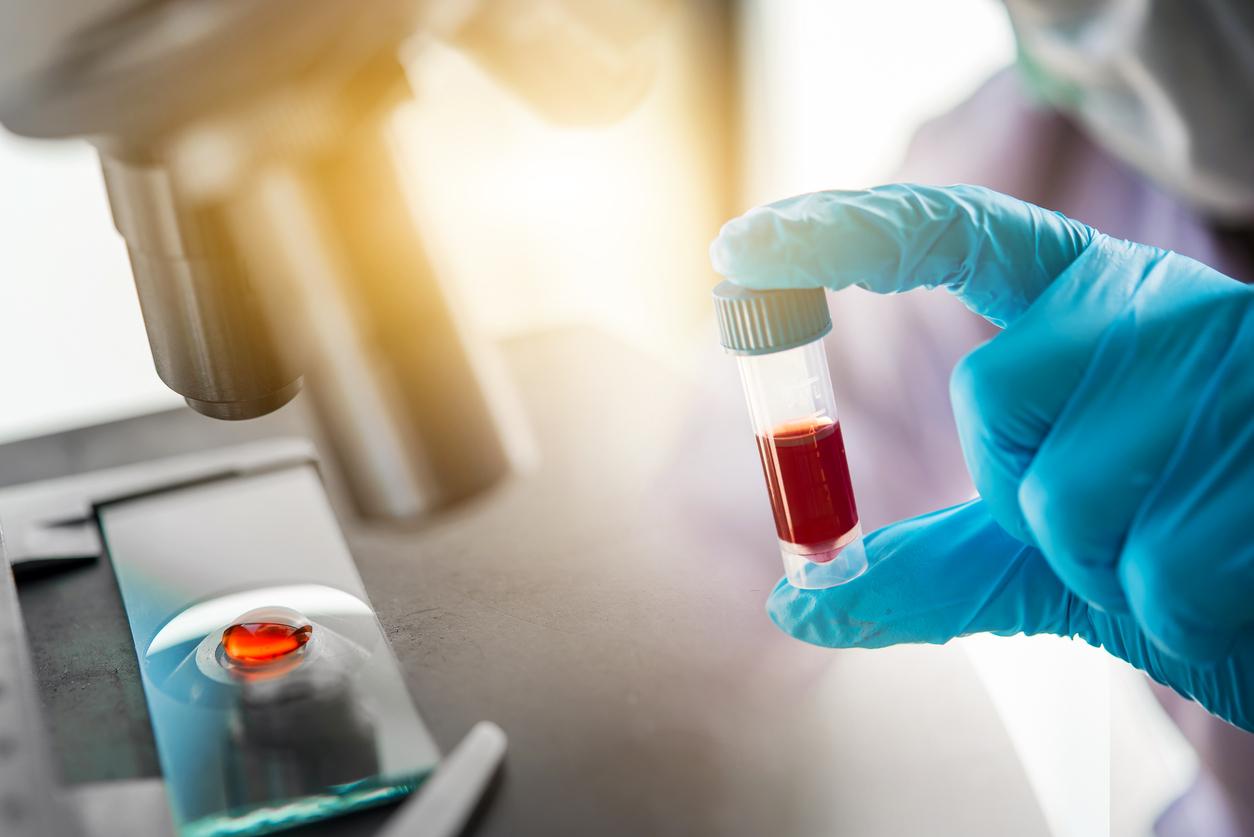A study observed a significant increase in new cases of cancer, particularly of the prostate and trachea, among those under 50.

- Scientists have warned of the increase in cases of cancer among people under 50 since 1990.
- Different factors could contribute to this increase in cases of early cancers such as a sedentary lifestyle, poor diet or hyperglycemia.
- By 2030, the global number of new cases of early cancers will increase by 31%.
In 2019, more than a million people under the age of 50 died from cancer, an increase of about 28% from 1990 figures, according to a study published in the journal BMJ Oncology.
An increasingly early onset of tracheal and prostate cancers
To arrive at these results, scientists examined data from the Global Burden of Disease 2019 study, which observed 29 different cancers in 204 countries and regions. During this work, they analyzed the incidence, deaths, health consequences and risk factors in people aged 14 to 49, in order to estimate the annual evolution of cancer in those under 50. years between 1990 and 2019.
According to the study’s findings, in 2019, new cancer diagnoses among those under 50 totaled 1.82 million, an increase of 79% compared to 1990 figures. Breast cancer accounted for the highest number of cases occurring in this age group in 2019. However, scientists have found that trachea and prostate cancers have increased the fastest in three decades. Conversely, the incidence of early liver cancer has decreased by approximately 2.88% each year.
The researchers also observed that North America, Australasia and Western Europe are the regions where the highest rates of early-onset cancers have been recorded.

A 31% increase in cases of early cancer by 2030
In addition to genetics, different factors could contribute to this increase in cases of early cancer, according to scientists. They notably cited excessive consumption of red meat, diets low in fruits and vegetables, smoking, excess weight, high blood sugar and even a sedentary lifestyle.
Faced with these initial results, the study leaders estimated that the global number of new cases of early-onset cancer and associated deaths will increase by a further 31% and 21%, respectively, in 2030. “Prevention and early detection measures are urgently needed, as is the identification of optimal treatment strategies for early-onset cancers, which should include a holistic approach addressing the unique health care needs of young patients. support”they warned.

















